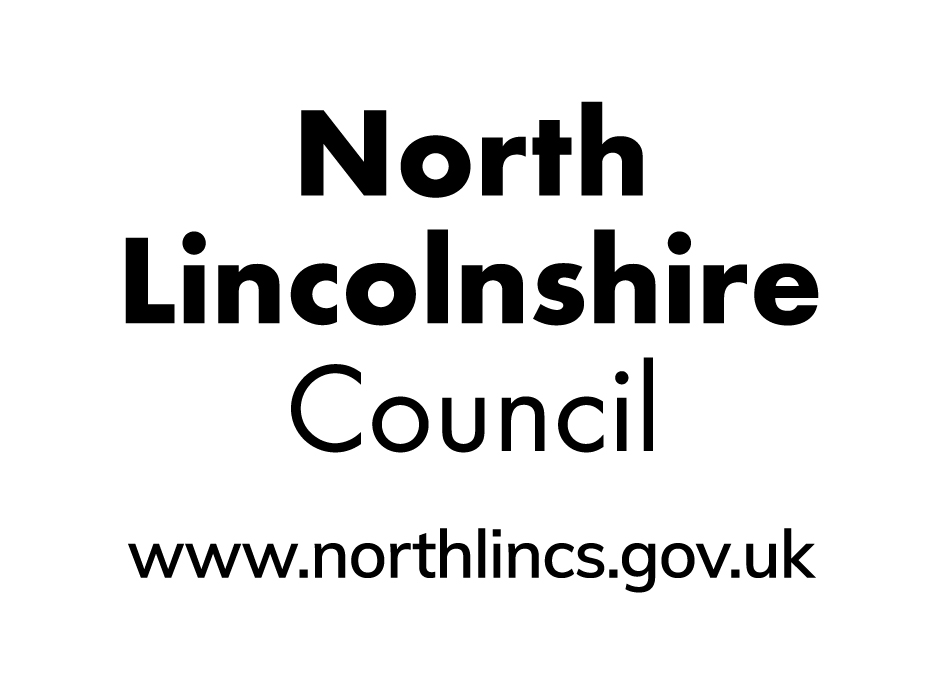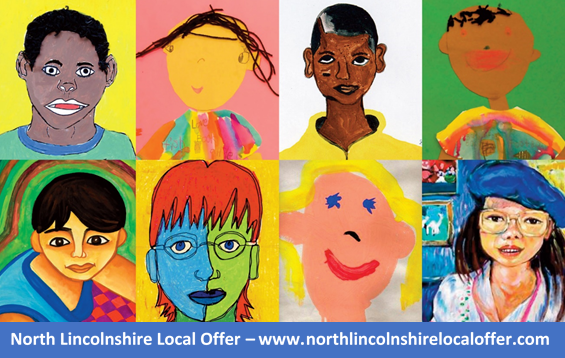Safeguarding Disabled Children
Why are disabled children more vulnerable?
Disabled children have the same rights as any other child to be protected and cared for properly.
Sometimes, however, due to the nature of their disability, disabled children can be more vulnerable to harm or abuse.
This can be because they might:
- have difficulties in communicating or telling someone about the harm
- have multiple carers (sometimes providing personal care for them)
- be less likely to openly complain than other children, or
- may not have the cognitive ability to know that something is wrong.
Different forms of abuse
Children can suffer harm or abuse in a number of ways. Either through:
- their care being neglected
- suffering sexual abuse
- being physically hurt
- or being emotionally harmed
Most of us worry more about strangers abusing our children. But unfortunately, when children are abused, it is usually by someone they know.
Indicators of abuse
As parents, you know your child best and you will usually be the first to notice if something seems wrong.
Things to look out for
- changes in your child’s behaviour, becoming upset for no reason etc
- unusual marks or bruises without good reason or explanation
- your child seeming wary, anxious, or unusually withdrawn
- signs that routine basic care has not been provided
- or sexualised behaviour unusual for your child or beyond the child’s knowledge
It is difficult to provide a full list. Therefore, it is best for you to rely on your instincts as a parent and note any changes that seem particularly worrying.
What to do next
If you suspect your child has been harmed
If you suspect that your child has been harmed, try to stay calm and try to communicate with your child in a calm manner.
- Try to find out how they are and if they have any fears or worries.
- If a specific injury has occurred, find out if anything has happened to them that they are unhappy with.
- Try not to ask leading questions or make assumptions.
- You may want to get support from a trusted friend or relative but you should always tell your child’s Social Worker. The Social Worker will make an assessment of the situation and take further steps if necessary.
- If your child does not have a Social Worker you should still tell a Social Worker by telephoning Children’s Services on 01724 296500 01724 296500. Ask to be put through to a duty Social Worker. The Social Worker will always listen carefully to you and will take your concerns seriously.
Children at immediate risk
If it is an emergency and your child is at immediate risk then you should contact the Police by dialling 999.
What happens next
If the Social Worker assesses that your child may have suffered or is suffering significant harm, then they will discuss the matter with the Police and investigate it. This may involve talking to your child by Social Workers and Police Officers whom are trained in communicating with children and young people.
Your child will always be supported through the process. All referrals relating to a child being harmed or abused will result in a Children’s Services Assessment being undertaken. This assessment is about your child’s needs, and your needs as a parent.
If the allegations are about someone who works with children, then there are special procedures for dealing with this that include considering the safety of other children.
Concerned about a child?
What to do if you are worried about a child
Tel: 01724 296500
Out of hours tel: 01724 296555

Further Information
- Helping Children and Families (Threshold Document)
- Children’s Multi-Agency Resilience and Safeguarding (MARS)
- North Lincolnshire SEND-JSNA [PDF, 2Mb]
We have tried to make these documents as accessible as possible. If you require a different format, please contact us. You can read our Accessibility Statement on our website.
Contact Us
Tel: 01724 407988



